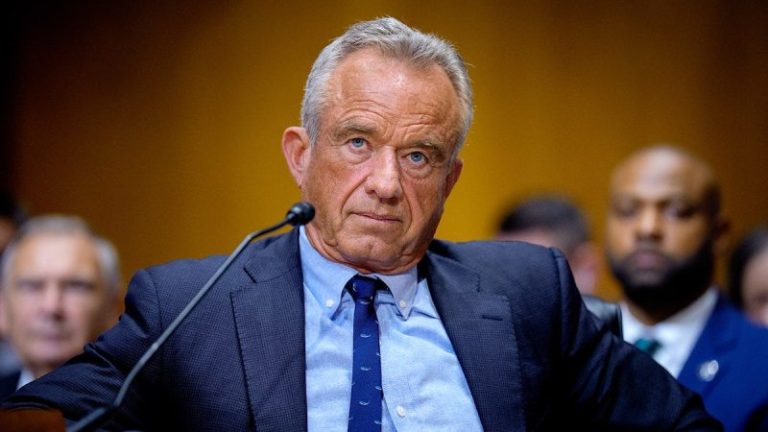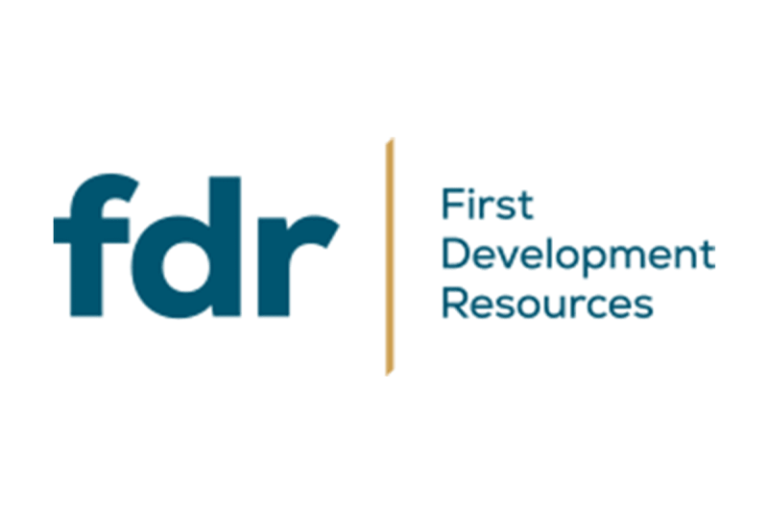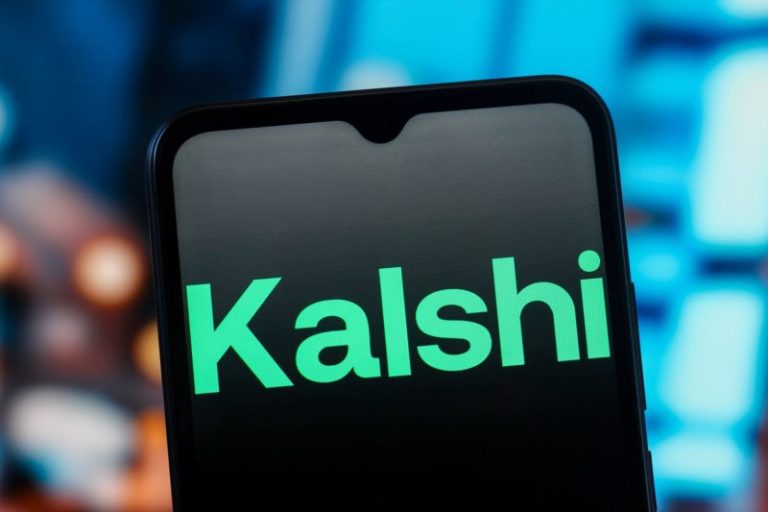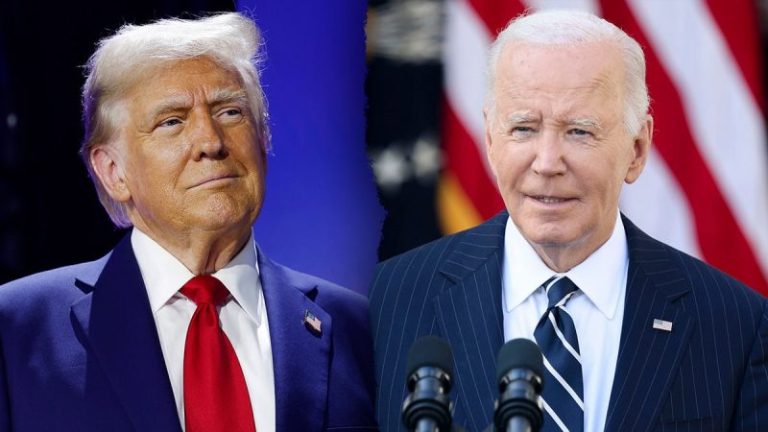First Class Metals PLC (‘First Class Metals’ ‘FCM’ or the ‘Company’) the UK listed company focused on the discovery of economic metal deposits across its exploration properties in Ontario, Canada, is pleased to provide an update on preparations for the forthcoming drill programme at the Roy structure on the Sunbeam Property. Drill mobilisation has now been completed.
Highlights
- 1,000m drill contract with provision for additional 500m signed with Forage PL (‘Forage’) drilling
- Drill preparation commenced on the Roy structure at the Sunbeam property
- First four drill collars have been marked.
- Drill rig and supporting equipment on site
- Drilling will focus on the Roy area of the Sunbeam property
- Drilling will seek to prove depth continuity in the area of and along strike of the 18.8g/t gold (Au) channel sample from the stripping
- Emerald Geological Services (‘EGS’) will supervise drill preparation, the day-to-day drilling as well as core logging and sampling
Marc J. Sale CEO First Class Metals Commented:
‘The mobilisation of the drill rig to Roy and the anticipation of drilling starting this weekend marks an important step forward in advancing the Sunbeam Property. Forage has recently completed a programme in the district and brings both local experience and a strong operational reputation.
The rapid progression from planning to mobilisation at Sunbeam demonstrates that FCM is a company focused on delivery. Having recently completed drilling at North Hemlo and now positioning to commence at Sunbeam, we are advancing our exploration strategy in a disciplined and systematic manner.
The Roy trend represents a robust mineralised structure of district scale in a geological environment know to host significant resources.’
Figure 1 showing the stripped area at Roy which returned 18.8g/t Au and will be the focus of the drilling.
Qualified Person
The technical disclosures contained in this announcement have been drafted in line with the Canadian Institute of Mining, Metallurgy and Petroleum standards and guidelines and approved by Marc J. Sale, who has more than 30 years in the gold exploration industry and is considered a Qualified Person owing to his status as a Fellow of the Australian Institute of Mining and Metallurgy.
For Further Information:
Engage with us by asking questions, watching video summaries, and seeing what other shareholders have to say. Navigate to our Interactive Investor hub here:
For further information, please contact:
James Knowles, Executive Chair
Email: JamesK@Firstclassmetalsplc.com
Tel: 07488 362641
Marc J Sale, CEO
Email: MarcS@Firstclassmetalsplc.com
Tel: 07711 093532
Novum Securities Limited (Financial Adviser)
David Coffman
Website: www.novumsecurities.com
Tel: (0)20 7399 9400
Axis Capital Markets (Broker)
Lewis Jones
Website: Axcap247.com
Tel: (0)203 026 0449
First Class Metals PLC – Background
First Class Metals listed on the LSE in July 2022 and is focused on metals exploration in Ontario, Canada which has a robust and thriving junior mineral exploration sector. In particular, the Hemlo ‘camp’ near Marathon, Ontario is a proven world class address for gold exploration, featuring the Hemlo gold deposit operated by Barrick Mining (>23M oz gold produced), with the past producing Geco and Winston Lake base metal deposits also situated in the region.
FCM currently holds 100% ownership of seven claim blocks covering over 250km² in northwest Ontario. A further three blocks are under option and cover an additional 30km2.FCM is focussed on exploring for gold but has base metals and critical metals mineralisation. FCM is maintaining a joint venture with GT Resources on the West Pickle Lake Property a drill-proven ultra-high-grade Ni-Cu project.
The flagship properties, North Hemlo and Sunbeam, are gold focussed. North Hemlo has a significant discovery in the Dead Otter trend which is a discontinuous 3.5km gold anomalous trend with a 19.6g/t Au peak grab sample. This sampling being the highest known assay from a grab sample ever recorded on the North Limb of Hemlo.
In October 2022 FCM completed the option to purchase the historical high-grade past-producing Sunbeam gold mine near Atikokan, Ontario, ~15 km southeast of Agnico Eagle’s Hammond Reef gold deposit (3.3 Moz of open pit probable gold reserves).
FCM acquired the Zigzag Project near Armstrong, Ontario in March 2023. The property features Li-Ta-bearing pegmatites in the same belt as Green Technology Metals’ Seymour Lake Project, which contains a Mineral Resource estimate of 9.9 Mt @ 1.04% Li2O. Zigzag was successfully drilled prior to Christmas 2023 and results have now been released.
The Kerrs Gold property, acquired under option by First Class Metals in April 2024, is located in northeastern Ontario within the Abitibi Greenstone Belt, one of the world’s most prolific gold-producing regions. The project holds a historical inferred resource of approximately 386,000 ounces of gold, underscoring its potential as a meaningful addition to FCM’s expanding gold portfolio. Kerrs Gold complements the Company’s exploration strategy and provides exposure to a well-established mining district. FCM is currently reviewing plans to advance the project and further unlock its value.
The significant potential of the properties for precious, base and battery metals relates to ‘nearology’, since all properties lie in the same districts as known deposits (Hemlo, Hammond Reef, Seymour Lake), and either contain known showings, geochemical or geophysical anomalies, or favourable structures along strike from known showings (e.g. the Esa project, with an inferred Hemlo-style shear along strike from known gold occurrences).
For further information see the Company’s presentation on the web site:
www.firstclassmetalsplc.com
Forward Looking Statements
Certain statements in this announcement may contain forward-looking statements which are based on the Company’s expectations, intentions and projections regarding its future performance, anticipated events or trends and other matters that are not historical facts. Such forward-looking statements can be identified by the fact that they do not relate only to historical or current facts. Forward-looking statements sometimes use words such as ‘aim’, ‘anticipate’, ‘target’, ‘expect’, ‘estimate’, ‘intend’, ‘plan’, ‘goal’, ‘believe’, or other words of similar meaning. These statements are not guarantees of future performance and are subject to known and unknown risks, uncertainties and other factors that could cause actual results to differ materially from those expressed or implied by such forward-looking statements. Given these risks and uncertainties, prospective investors are cautioned not to place undue reliance on forward-looking statements. Forward-looking statements speak only as of the date of such statements and, except as required by applicable law, the Company undertakes no obligation to update or revise publicly any forward-looking statements, whether as a result of new information, future events or otherwise.










